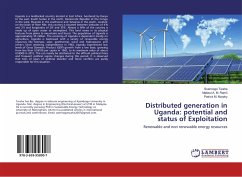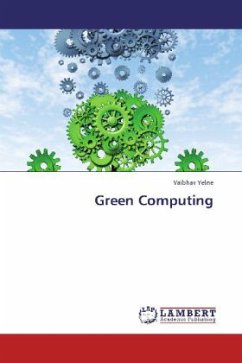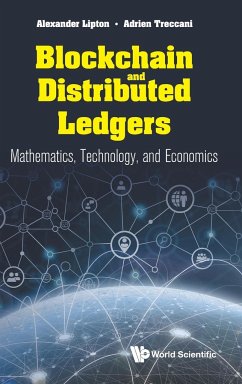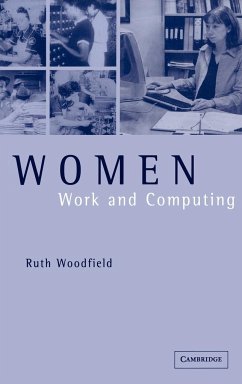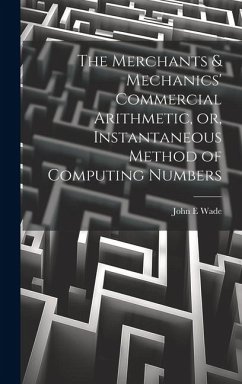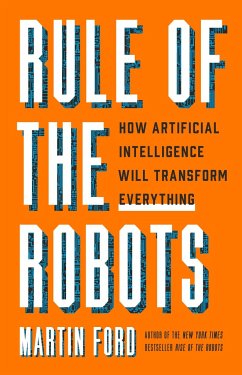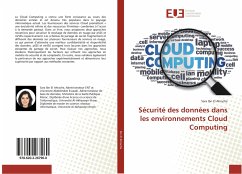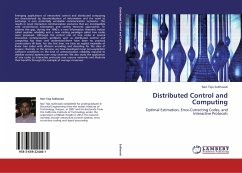
Distributed Control and Computing
Optimal Estimation, Error-Correcting Codes, and Interactive Protocols
Versandkostenfrei!
Versandfertig in 6-10 Tagen
45,99 €
inkl. MwSt.

PAYBACK Punkte
23 °P sammeln!
Emerging applications of networked control and distributed computing are characterized by decentralization of information and the need to exchange it over potentially unreliable communication networks. This results in novel interactive communication scenarios that are incompatible with conventional information and coding theoretic approaches. To address this gap, during the 1990 s, a new information theoretic notion called anytime reliability and a new coding paradigm called tree codes were proposed. Although the central role of tree codes in several interactive communication problems such as ...
Emerging applications of networked control and distributed computing are characterized by decentralization of information and the need to exchange it over potentially unreliable communication networks. This results in novel interactive communication scenarios that are incompatible with conventional information and coding theoretic approaches. To address this gap, during the 1990 s, a new information theoretic notion called anytime reliability and a new coding paradigm called tree codes were proposed. Although the central role of tree codes in several interactive communication problems such as distributed control and computing has been well understood,there have been no practical constructions till date. For the first time, we have an explicit ensemble of linear tree codes with efficient encoding and decoding for the class of erasure channels. In the process, we have developed novel non-asymptotic sufficient conditions on the kind of communication reliability required to stabilizecontrol systems over noisy channels. We also study the application of tree codes to interactive protocols over erasure networks and illustrate their benefits through the example of average consensus.




